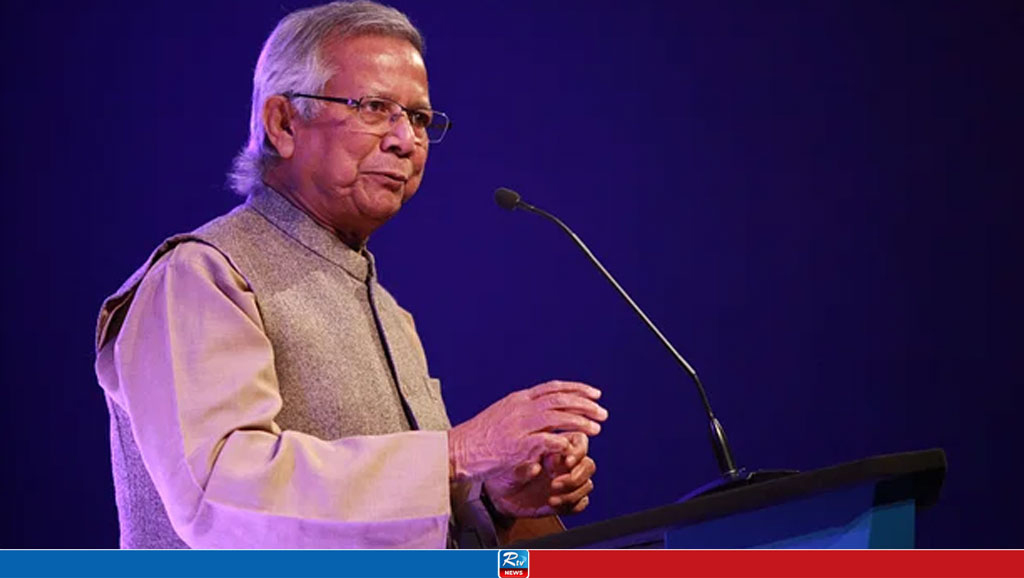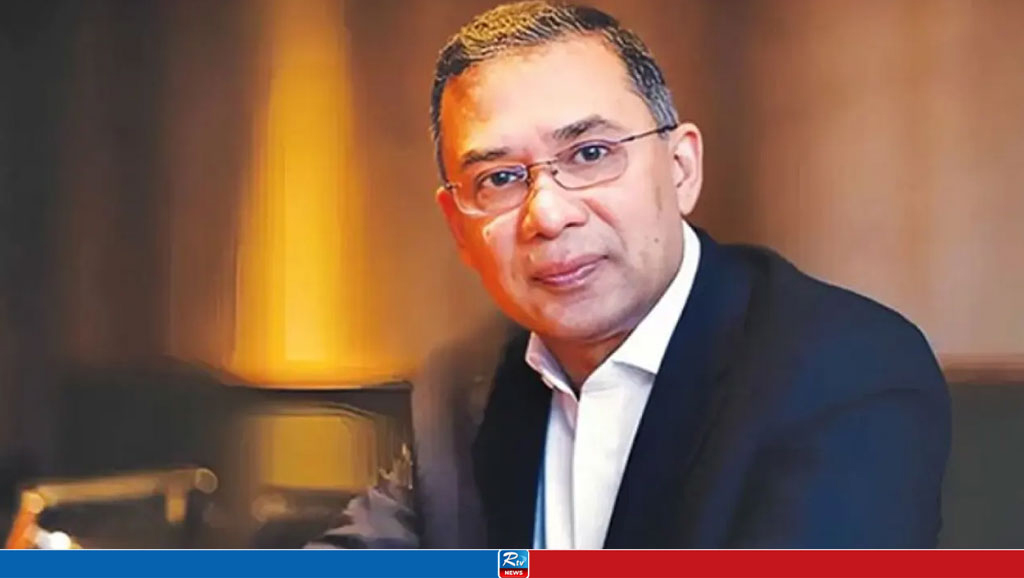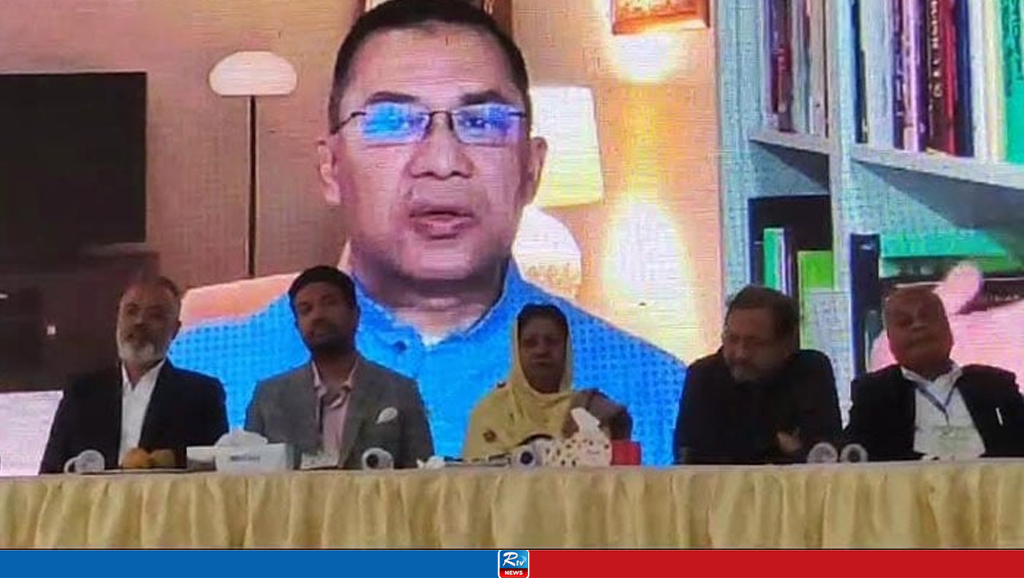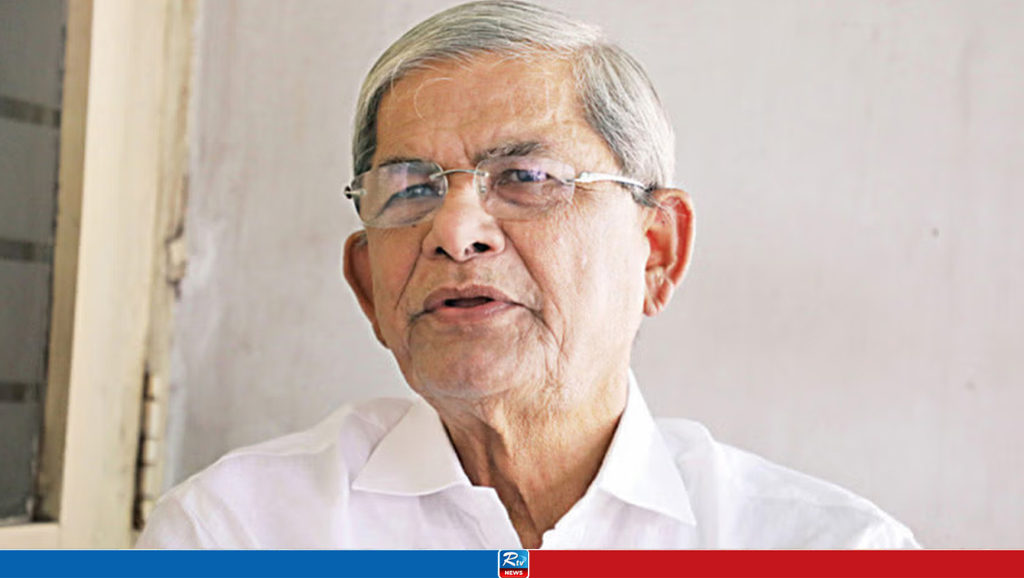Fakhrul to ANI:
Relations with India Beginning to Normalize
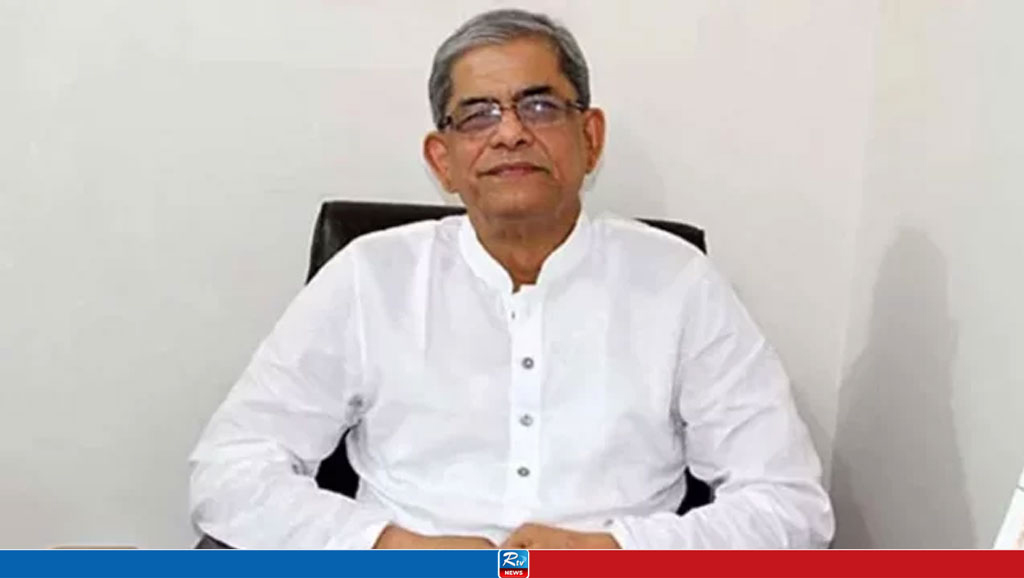
Relations with India are beginning to normalize, according to Mirza Fakhrul Islam Alamgir, Secretary General of the Bangladesh Nationalist Party (BNP). He made this remark in an interview with the Indian news agency ANI following a meeting with the Indian High Commissioner to Bangladesh, Pranay Verma.
Fakhrul mentioned that questions had arisen about Bangladesh-India relations since the last election in Bangladesh. Additionally, BNP assured India that they would not allow Indian separatists to use Bangladeshi territory.
On Wednesday, September 25, ANI reported this development.
According to the report, BNP, one of Bangladesh’s largest political parties, believes that relations with India began to improve after Sheikh Hasina was ousted from her position as Prime Minister following a student-led uprising, and the interim government took charge. Although BNP, under the leadership of Begum Khaleda Zia, had previously criticized several initiatives and agreements made with India during Hasina's 15-year tenure, relations now appear to be normalizing.
Recently, Indian High Commissioner Pranay Verma visited the BNP office to meet with Mirza Fakhrul and discuss strengthening relations.
Speaking to ANI, Fakhrul said that the meeting with Verma had moved both nations in a positive direction. He noted that relations had been in question since the last election, but the visit of the Indian High Commissioner to their office had undoubtedly improved the situation, signaling the start of normalized relations.
The BNP boycotted the national parliamentary elections in Bangladesh, held in January 2024. Fakhrul emphasized that India and Bangladesh have always shared good relations, and this development marks a turning point. He also reassured India that if BNP comes to power, they will ensure that Bangladesh's territory is not used by separatist groups, despite past reports of such groups taking refuge in the country.
Speaking to ANI about his meeting with the Indian High Commissioner, Fakhrul said they discussed bilateral issues, including water-sharing, border killings, and trade imbalances. He noted that India’s main concern was security, and BNP had assured them that under their leadership, separatist groups would not be allowed to operate from Bangladesh.
A little over a month ago, Prime Minister Sheikh Hasina was ousted through a student-led uprising in Bangladesh. The protests and clashes leading to her resignation resulted in over 600 deaths. After stepping down, Sheikh Hasina fled to India on August 5, and Nobel laureate Dr. Muhammad Yunus subsequently formed an interim government.
BNP Chairperson Begum Khaleda Zia was released from prison a day after Hasina's fall. Fakhrul remarked that while Bangladesh and India have always maintained good relations, misunderstandings had existed between BNP and India. He believes that the thaw in relations has begun and hopes the ties will improve further. He urged India to better understand the sentiments of the Bangladeshi people and avoid putting all its eggs in one basket, stressing the importance of building stronger relationships between the peoples of both nations.
Meanwhile, on the sidelines of the 79th UN General Assembly, Interim Government Foreign Advisor Md. Towhid Hossain met with Indian Foreign Minister S. Jaishankar to discuss mutual interests between Dhaka and Delhi.
Regarding this, Fakhrul commented that the meeting between Jaishankar and the Foreign Advisor was significant, especially following the political changes in Bangladesh. He believes that this meeting will further strengthen the relationship, emphasizing that cooperation between the peoples of both countries is key to forging strong ties.
According to ANI, BNP believes Sheikh Hasina should return to Bangladesh and face the charges against her.
Fakhrul stated that he was unaware whether the government had formally requested India to send her back, but he believes the former Prime Minister should return to face the allegations and be held accountable.
Comments
3 Killed in Clash, Claim Mollah College Authorities

No Deaths in Demra Clash, DMP Clarifies
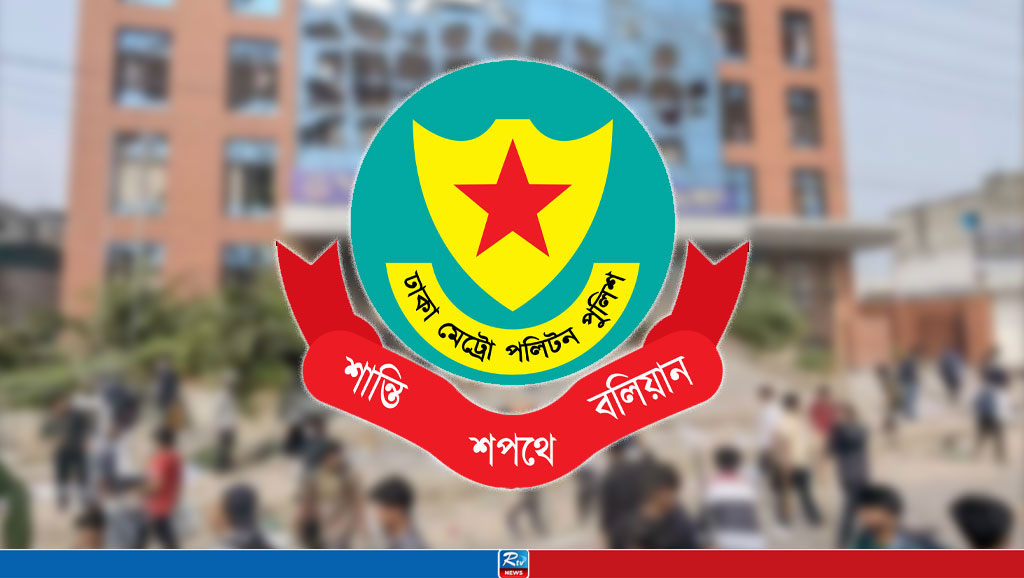
New Price of Gold Effective From Today

47th BCS Circular to be Published This Week
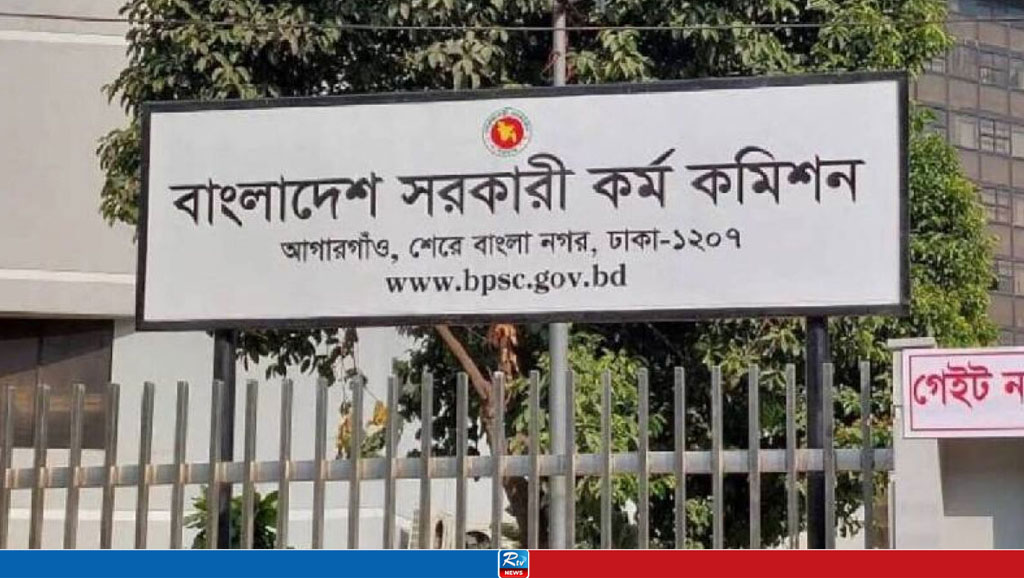
JICA Provides Tk 3,147cr For Two Projects
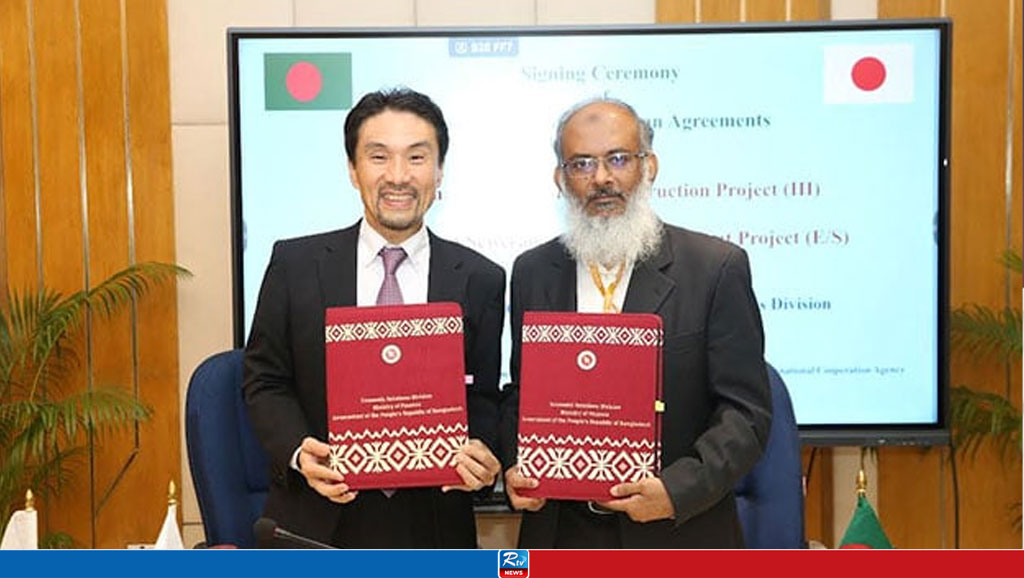
Hasnat-Sarjis in Road Accident
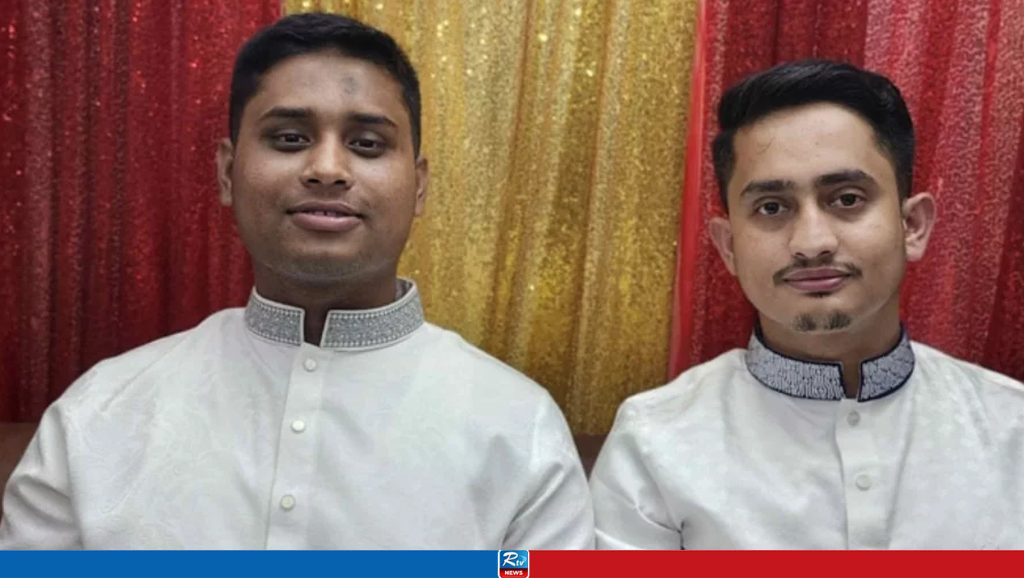
SSC Form Fill-up Fee Increased
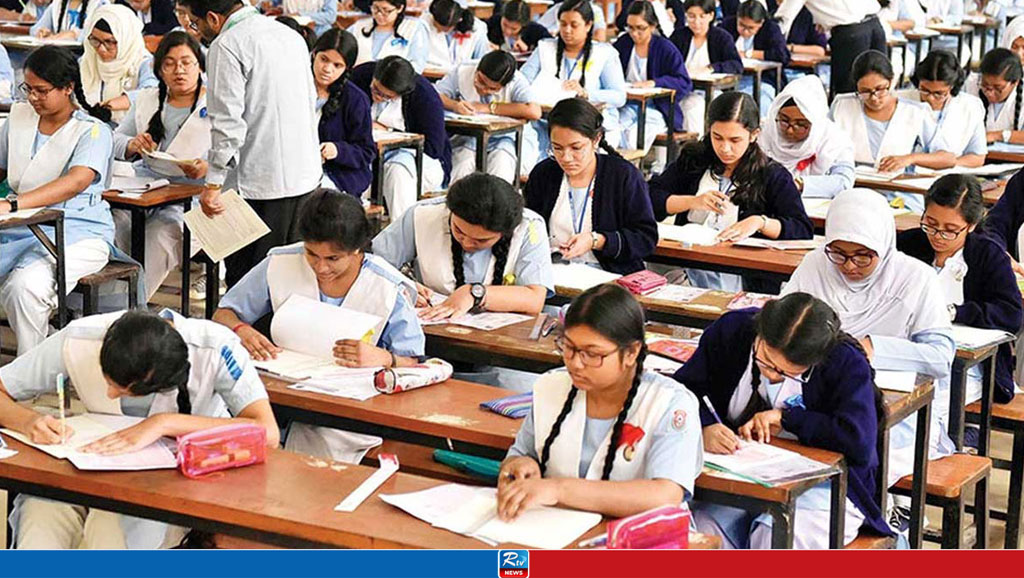

 Live Tv
Live Tv

